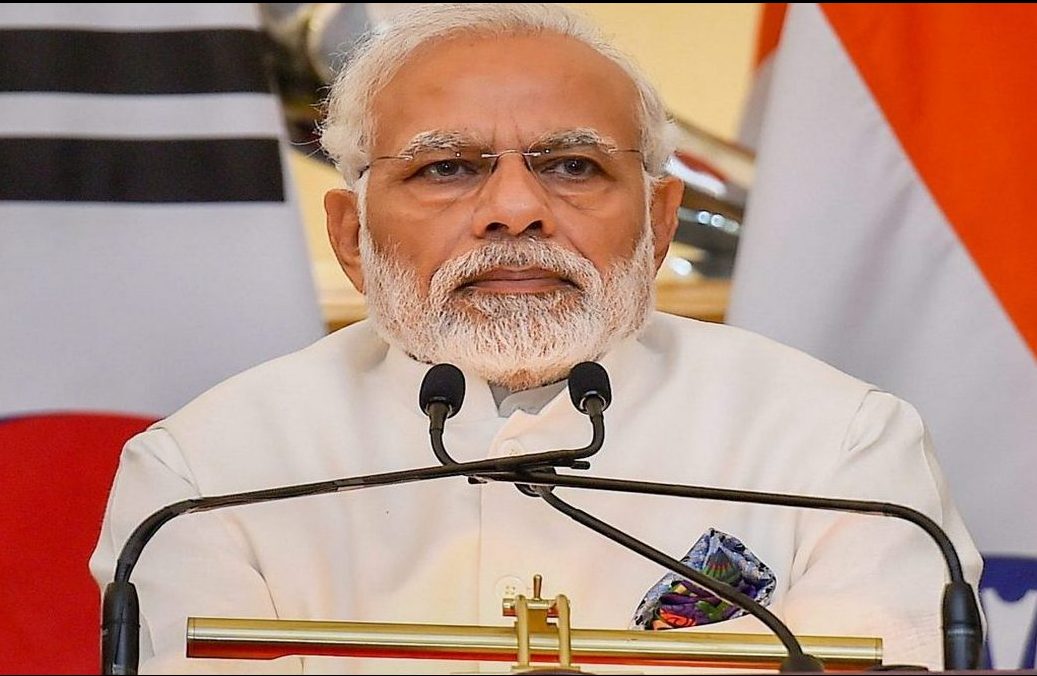NITIN PAI
It has been reported that the Pakistani army chief quietly reached out to India a few months ago “to open barriers to trade between the countries, which would give Pakistan more access to regional markets”. Given the dire economic situation Pakistan is in, good neighbourliness is anyway in Prime Minister Imran Khan’s interests at this time. But every time a new government comes to power in India or Pakistan, people start expecting dramatic progress in bilateral relations. Not just common people, but even old hands put hope ahead of experience and start pushing up expectations of thaw, progress, breakthrough or even some kind of resolution of disputes.
This doesn’t make sense because bilateral relations are not the way they are because of the personalities, preferences or political ideologies of the elected leaders on either side. It’s not as if Narendra Modi or Imran Khan, massively popular as they are in their respective countries, can set aside what happened in the past, ignore the other players in the game and their respective calculations of gains and losses, and simply strike a deal.
Well, they can’t.
Unfortunately, political leaders have learned this the hard way. We know Vajpayee got Kargil conflict and the Parliament attack for his Lahore labours, Manmohan Singh got 11/7 and 26/11 for his efforts, and Narendra Modi was rewarded with Uri and Pathankot. Those of us with longer memories will recall how Pakistan’s army ramped up its proxy war in Jammu & Kashmir soon after Rajiv Gandhi tried to reset ties with Benazir Bhutto in the late 1980s.
Last week, I was struck by how the view is similar on the other side. Welcoming the Pakistani army’s purported overtures to India a few months ago, Farhatullah Babar, a well-regarded former Pakistani senator, warned “when Nawaz-1 reached out in 1998 Kargil happened. When Zardari reached out in 2008 Mumbai happened. When Nawaz-2 reached out Pathankot happened. Hopefully now there will be no Kargil, no Mumbai and no Pathankot”.
Note the use of the passive voice. It avoids having to explicitly identify the actor who does nasty things like Kargil, Mumbai and Pathankot. Even an outspoken and powerful personality like Babar would rather not say it is the Pakistani military-jihadi complex that deliberately punctures any balloons of progress that the civilian leaders manage to inflate. As a result, the few weeks of rising hope following a successful summit are shot on the ground by a high-profile terrorist attack, setting the meter back to the long-standing lukewarm war (or lukewarm peace, as you prefer) that has been going on for decades.
What we should learn from this history is that the military-jihadi complex will not allow bilateral relations to cross a “threshold of amicability” that it has set. It fears that if India-Pakistan relations cross this threshold and become less conflictual, it will suffer cutbacks and threats to its very reasons for existence. The complex responds to these primal, institutional and existential fears by throwing a violent spanner in the works. The size of this spanner is linked to how big the peace process is, and how fast it is moving toward the threshold.
Clearly then, as long as the military-jihadi complex exists, it is impossible to resolve our differences with the Pakistani people. That is why we have little choice but to contain and weaken it in the near-term and see that it is dismantled in the longer term. This ought to be our strategic goal, but I have not seen the strategic establishment in New Delhi distinguish — from a policy perspective — the various power centres in Pakistan.
Once we set this goal, it follows that New Delhi finds imaginative ways to directly, if quietly, engage the Pakistani military establishment. Everyone else does: senior US officials have long dealt with Pakistani generals and last week, Wang Yi, the visiting Chinese foreign minister, called on General Qamar Javed Bajwa, the army chief. Realist foreign policy is agnostic to hierarchy and protocol. Indeed, having a channel with Pakistan’s most important power centre could help absorb some of the military establishment’s insecurities when political leaders break some old deadlock.
That begs the question: how should political leaders, when they are so inclined, try to break deadlocks? Game theory offers some guidance: the answer is called salami slicing. Baby steps. Don’t try to land a big deal. Don’t try to do things too quickly. Don’t raise expectations so high that you, as a political leader, feel obliged to deliver. Move forward gingerly without alarming the beast. Such an approach doesn’t play too well to a hyperbolic media environment that expects Berlin Walls to fall at the slightest nudge at prime time every week. Nor does it appeal to the instincts of our political leaders who want to be the ones making epochs. Yet it is what is called for.
The costs of premature exuberance are asymmetric: it is India that suffers terrorist attacks when the military-jihadi complex reacts to grand gestures and peace overtures, whoever might have initiated them. That is why India’s prime ministers must not concern themselves with the Pakistan beat, and instead entrust the subject to the many able ministers and officials in the system.
The best way, therefore, for India to deal with the current Pakistan government is not to be in a hurry to get Narendra Modi to deal with Imran Khan. Instead, New Delhi should create multiple touch points and attempt tiny steps forward. Maybe this won’t achieve a major breakthrough, but it will save us the agony of more Kargils, Mumbais and Pathankots.
The author is director of the Takshashila Institution, an independent centre for research and education in public policy.

No comments:
Post a Comment